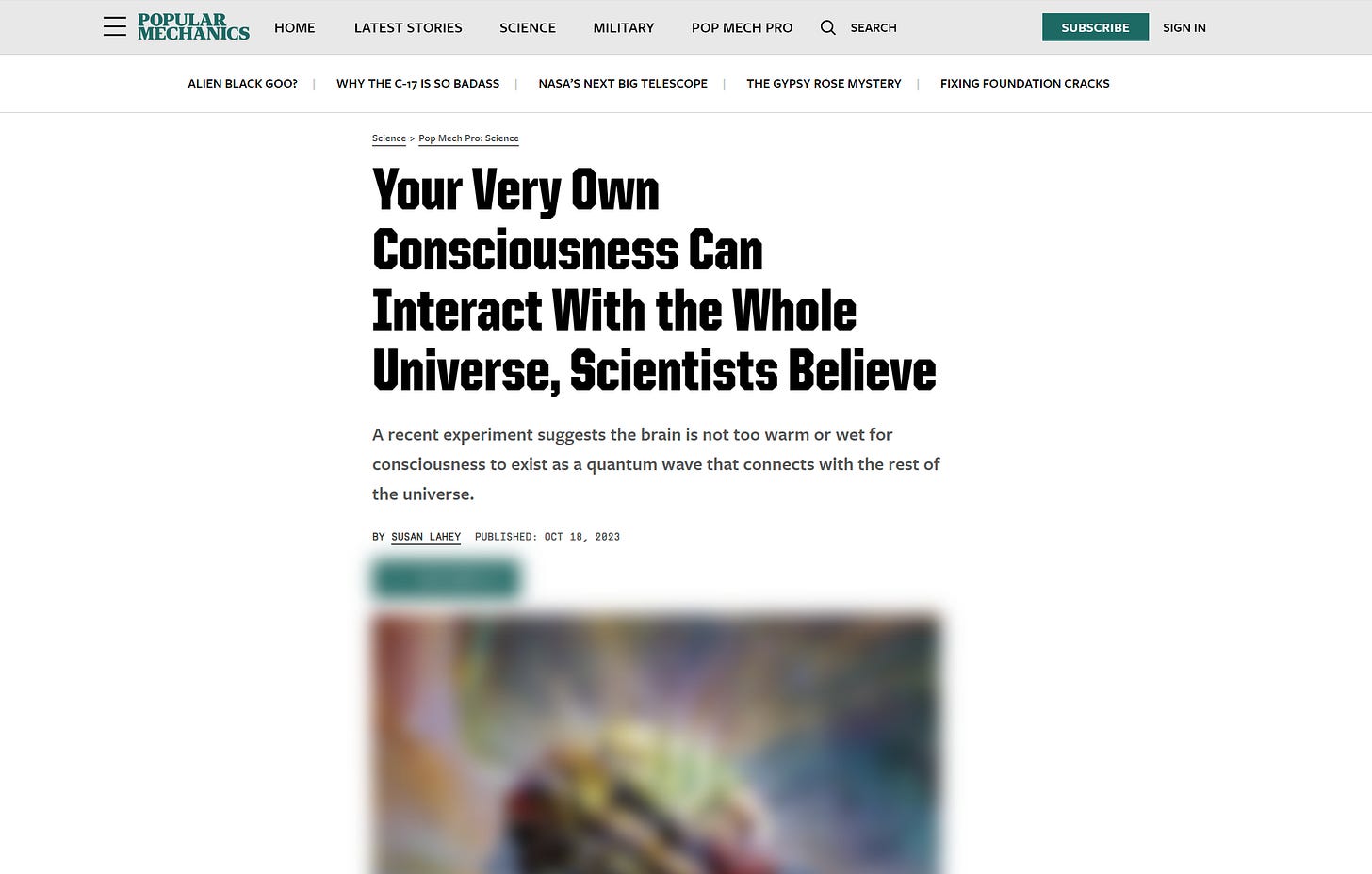Thank you, Science
for proving what poets have known for centuries
Please indulge me for a moment while I quote myself in this post, because, honestly, if you can’t quote yourself, whom can you?
Two years ago, I wrote a little ditty called On the Rocks as a response to details revealed by New Horizons that Pluto (our frozen, outlier planette) exhibits signs of volcanic activity, which in AstroVerse terms essentially means: this rock is not dead. As a devoted Plutophile, I rejoiced at this news, but at the same time shrugged my shoulders, because: of course Pluto is alive and kicking. Even so, now there was evidence. Now, it wasn’t just a dream or a wish, or a feeling. Science had spoken.
In my mini-missive, I concluded my outpouring of gratitude (cheekiness aside) with the following:
“We thank you, New Horizons, for granting that our Romantic, Patient Hero might very well be alive. And more importantly, for inching us closer to the long awaited, though inevitable day when the Scientists will eventually prove that the Poets have been right about everything all along.”
I still believe this—that the ultimate accomplishment of science will be to provide the concrete, backup data to support that what the artists, writers and musicians have been telling us all along is irrefutable. No one will ever convince me this isn’t true. And even though I will long have become food for worms when this day occurs, I giggle with glee whenever a new ‘discovery’ comes along that inches us closer to this moment when it will become clear that artistic and scientific approaches of looking at the world are not only not in conflict but essentially have the same story to tell, and will eventually come to the same conclusion.
We are getting closer.
This morning, a notification on my phone informed me that there’s a possibility [emphasis mine] that our own human minds might actually be capable of interaction with the world beyond our earth. Popular Mechanics has let us in on this secret.
As if all the poets and artists haven’t been whispering this into our souls for centuries. I could have saved whichever Universit(y/ies) funded that study millions of dollars by putting a pair of Meze headphones over the researcher’s ears and pressing play on Beethoven’s Emperor Piano Concerto. You can’t listen to that piece of music and not comprehend that Ludwig’s brain was connected to something much more significant than an Instagram feed.
My own beautiful brain does not fully comprehend quantum mechanics, but I do grasp enough of it to understand that what this branch of physics describes seems counterintuitive at best and at worst—absurd. “[Quantum mechanics] concepts frequently conflict with common-sense notions derived from observations of the everyday world,” writes brittanica.com. Yes, they do. If your seven-year-old drew a picture and described to you what the picture conveyed using concepts central to the theories involved in quantum physics, you would dismiss this explanation as entirely fantastical, though adorable.
Which is why I am so thrilled to see science moving on to prove things that vast numbers of non-scientists understand inherently. Like the fact that dogs can understand human emotions. Hello? Did anyone in that lab contact a dog owner? Or a young person who lives with a beloved pet? I don’t exaggerate when I say that my childhood pets saved my life as a teenager. Because they understood me. Can I prove it? No. But someday someone in a lab coat will.
*“What a lucky sack of stars” from the poem, At Last the New Arriving by Gabrielle Calvocoressi.




